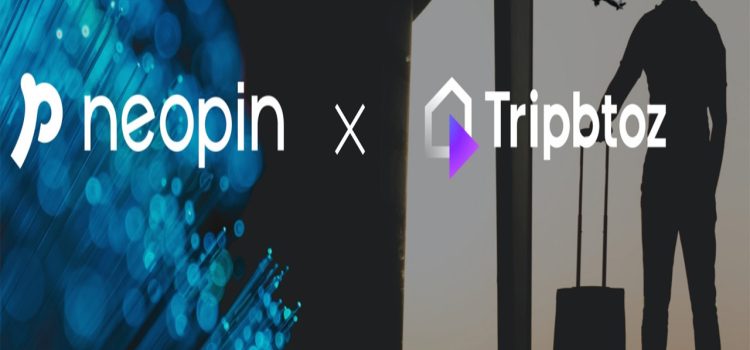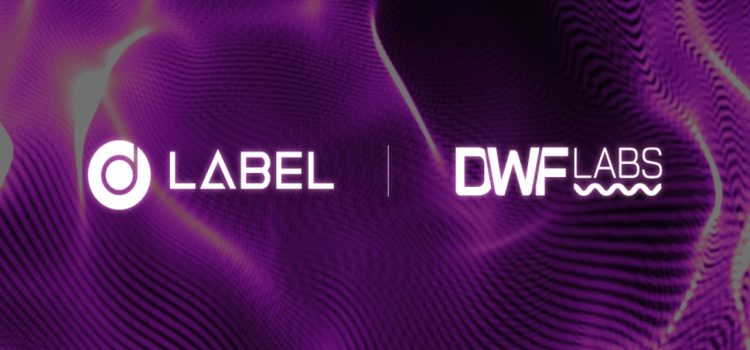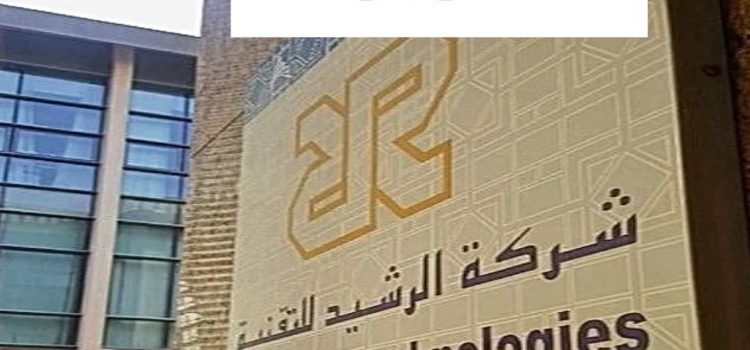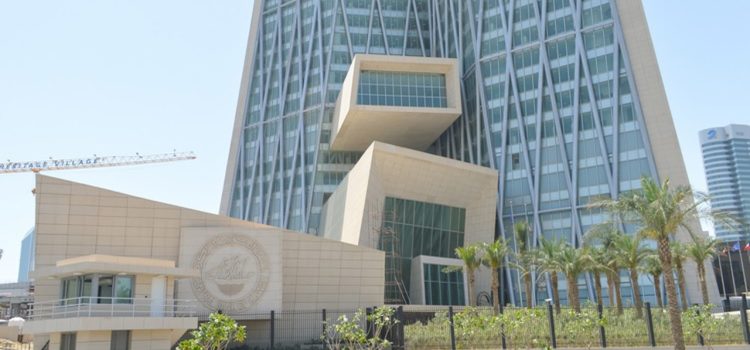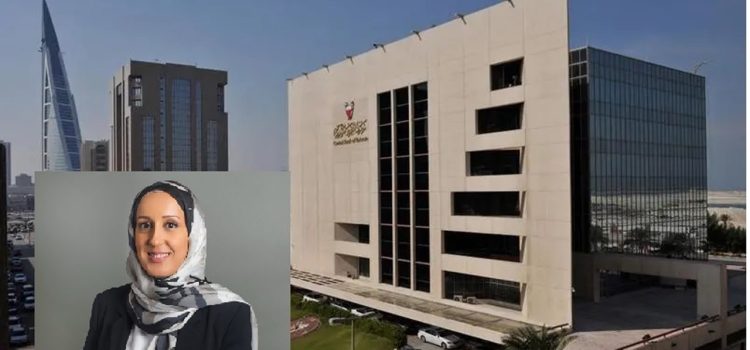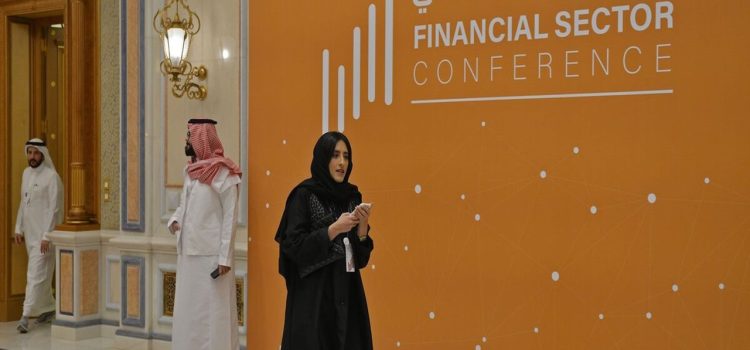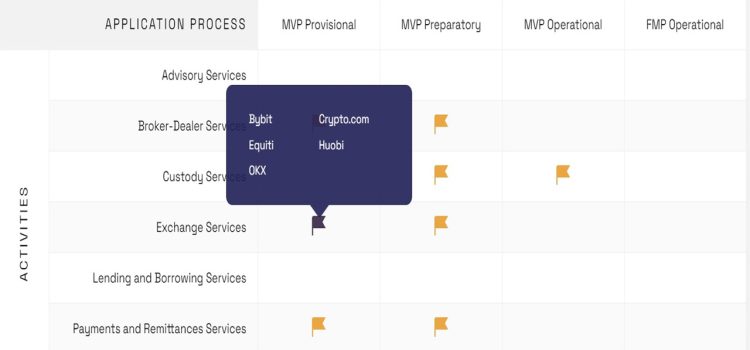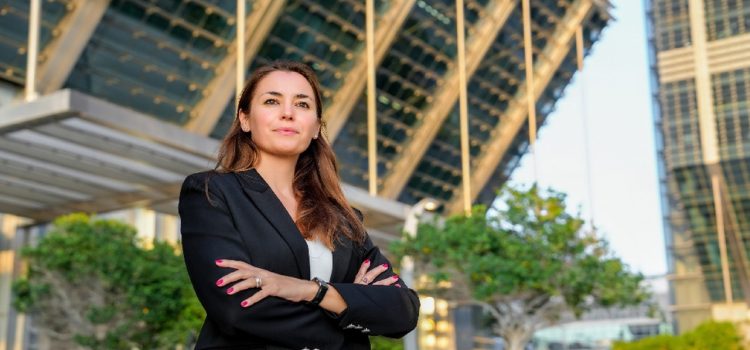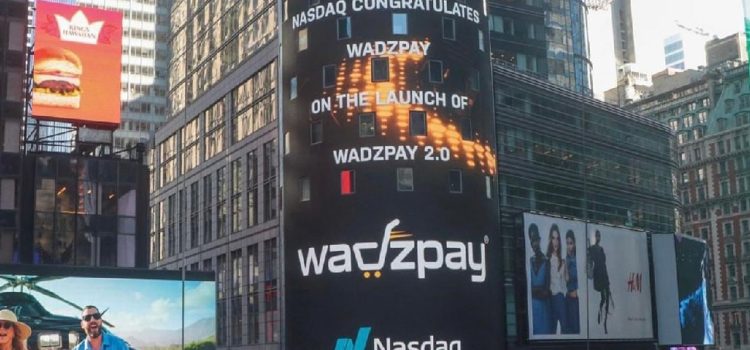
Web 3.0 travel TripBtoz to develop has signed an MOU with NEOPIN a CeDeFI wallet platform to build a Web 3.0 blockchain enabled based travel platform in the MENA region.
Tripbtoz is a travel platform based on user-created short-form video content. Beyond simple travel commerce, Tripbtoz offers features such as a “community” for sharing travel videos and a “reward system” in the form of “trip cash”. These features have formed a positive travel cycle, resulting in rapid growth in total revenue, monthly active users (MAUs) and user-generated content since the platform’s launch in 2017.
The two entities, NEOPIN, a CeDefi wallet solution and Tripbtoz, established a connection as officials of the business delegation that accompanied the Korean government’s economic summit in UAE, decided to collaborate on a Web3.0 project based in the Middle East.
This is the first incubation project in which NEOPIN supports the web3 transition of a web2 tech company. NEOPIN will help translate Tripbtoz’s existing travel platform into a Web 3.0 version that will showcase the “Travel Web3.0” ecosystem for young travellers to communicate.
Jake Kim, the CEO of NEOPIN, stated that as NEOPIN participates in the incubation and supports Tripbtoz’s Web3.0 translation, we aim to turn the service into a successful Web3.0 travel platform by leveraging both companies’ experience in blockchain and the travel industry.
Jiha Jung, the CEO of Tripbtoz, stated, “The travel industry is in a big transition period, with lines blurring between the real world and metaverse. We want to create Tripbtoz to excite its customers with high-performing ‘Travel to Earn’ service that is perfectly suitable for Web 3.0.” He also added, “The combination of travel and future tech will disrupt the existing ecosystem, eventually creating a new form of industry.”








